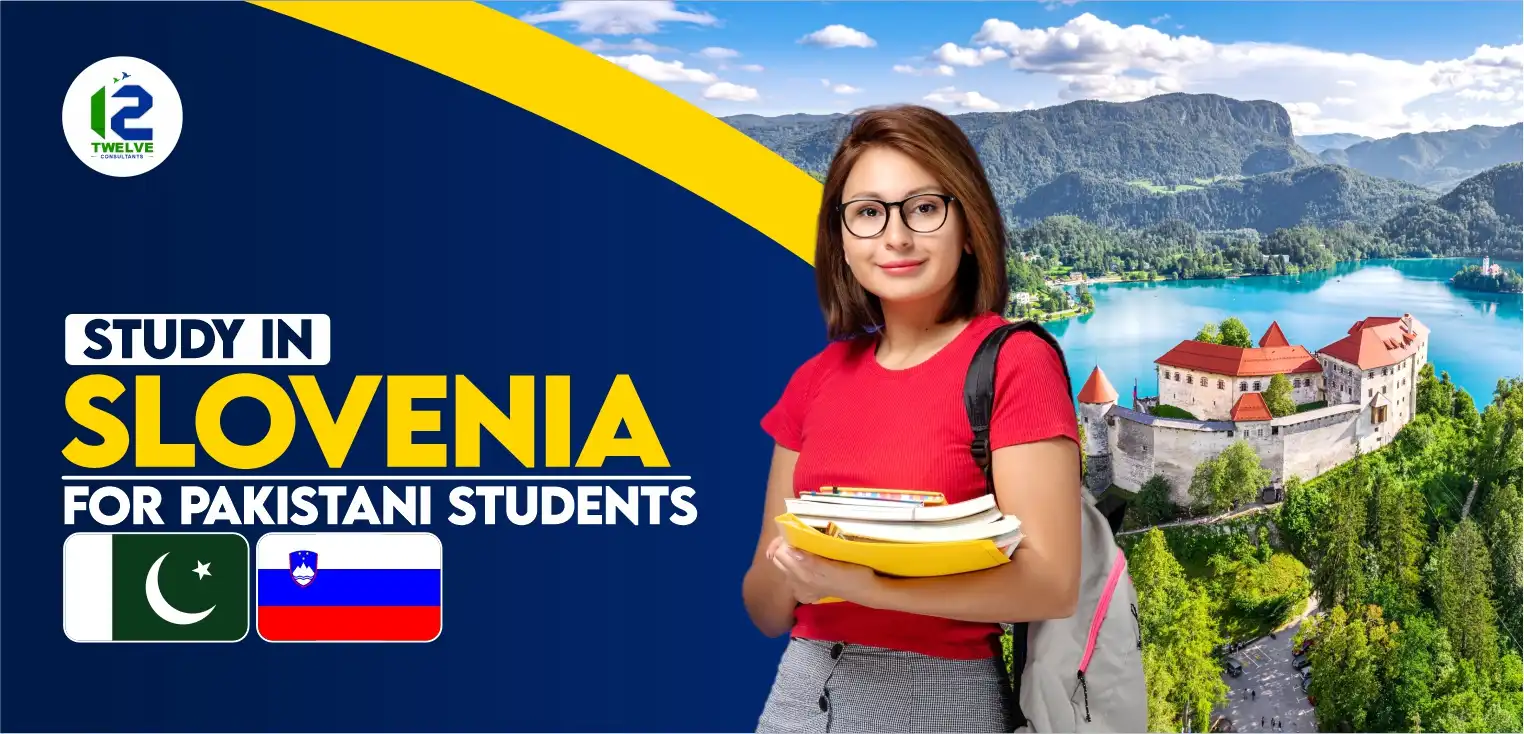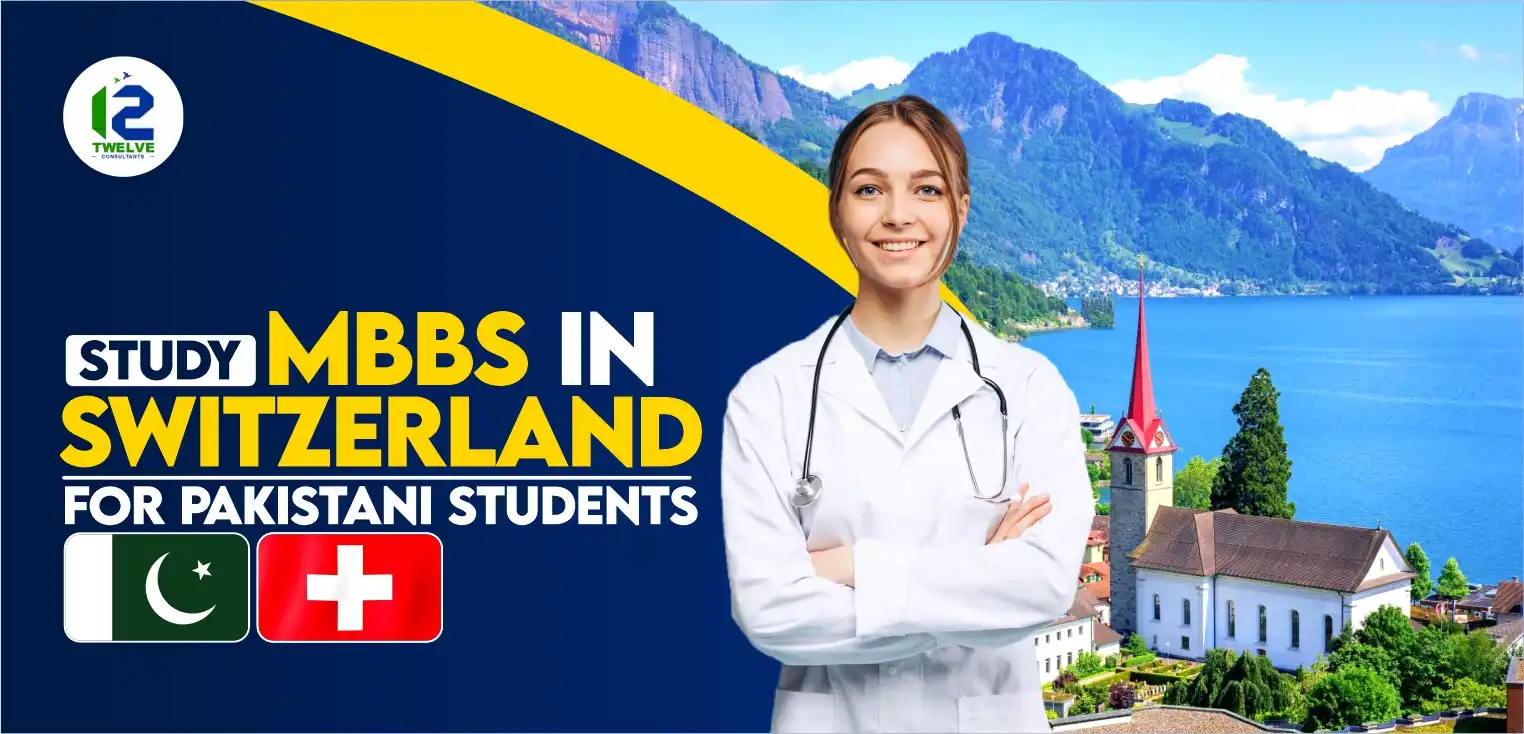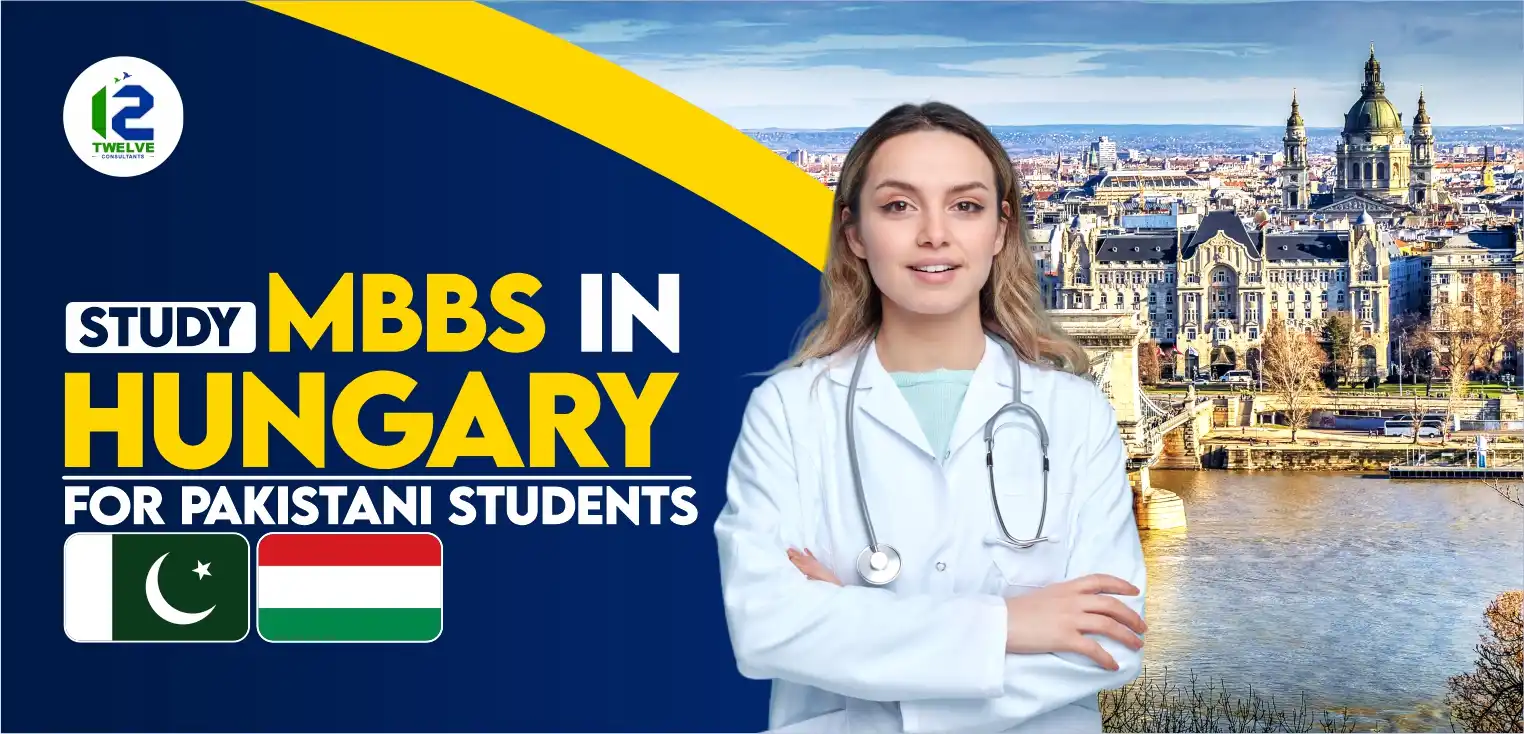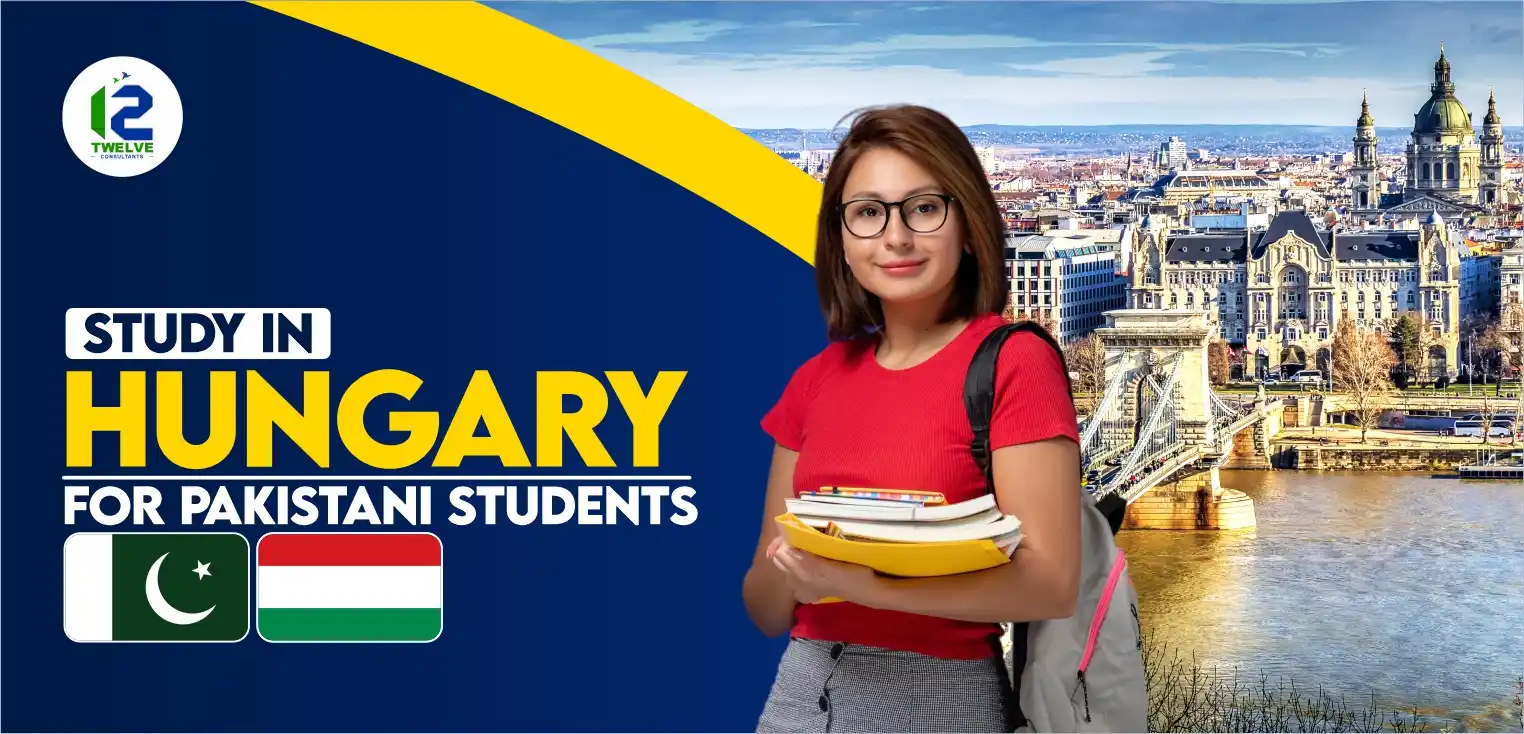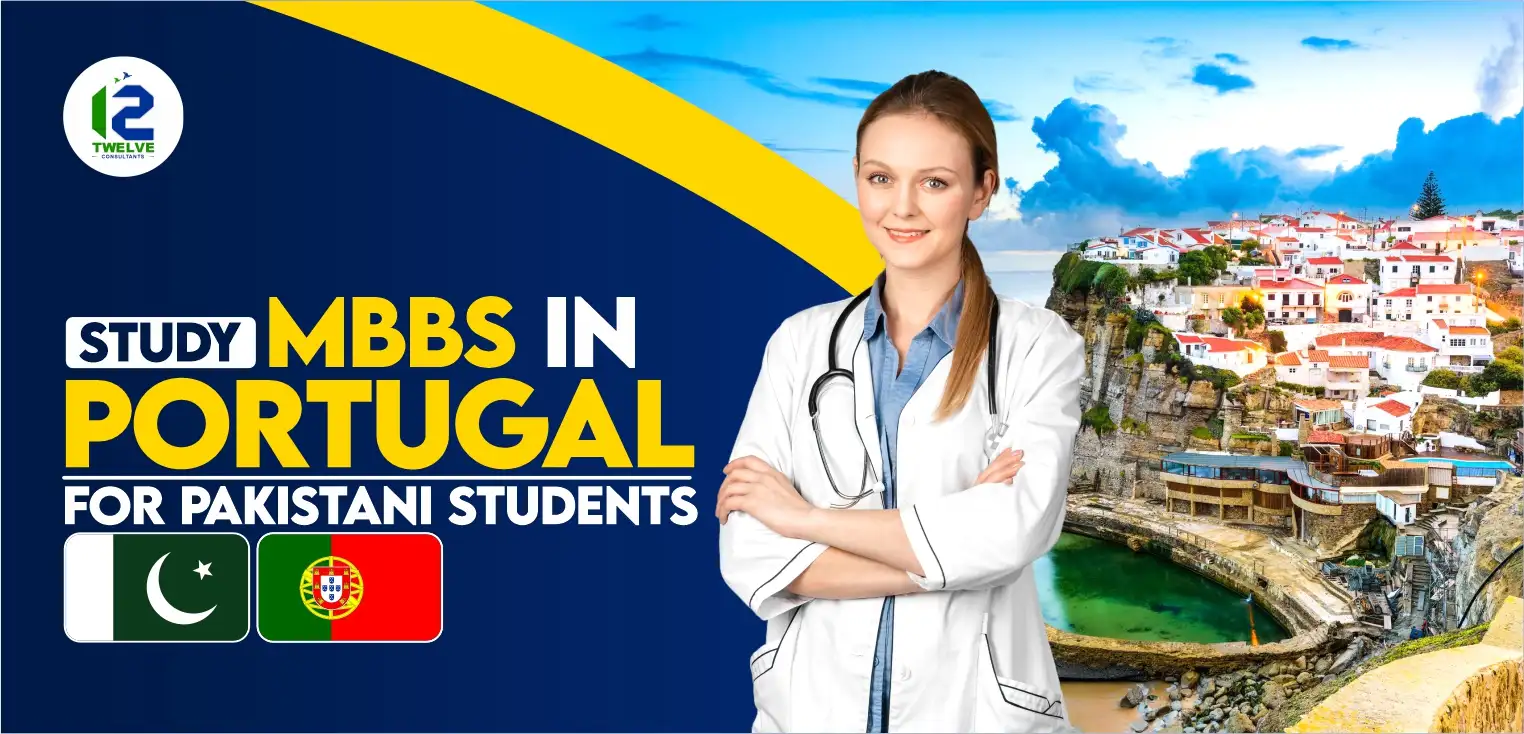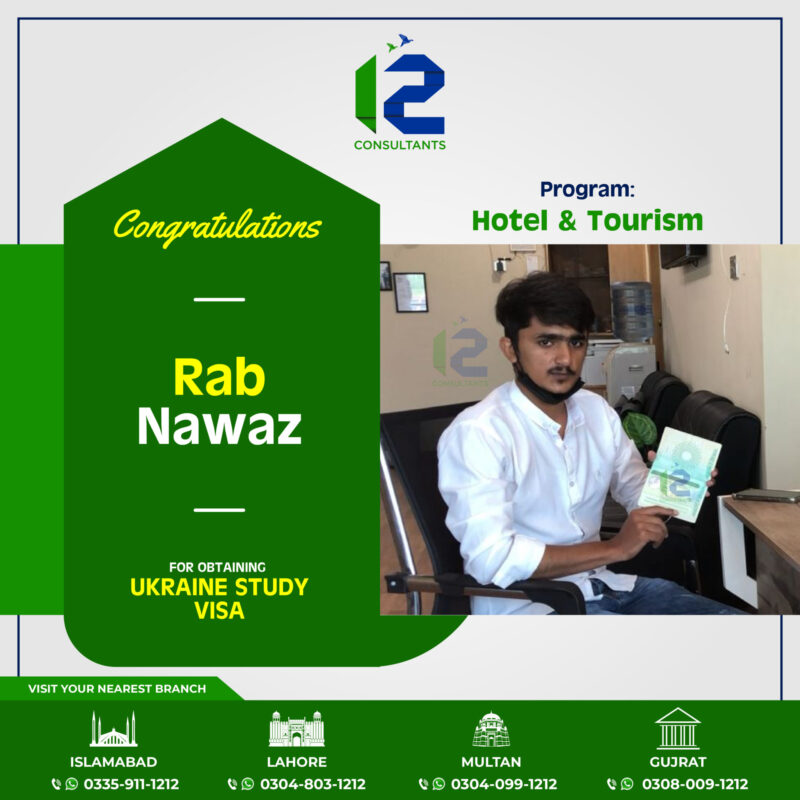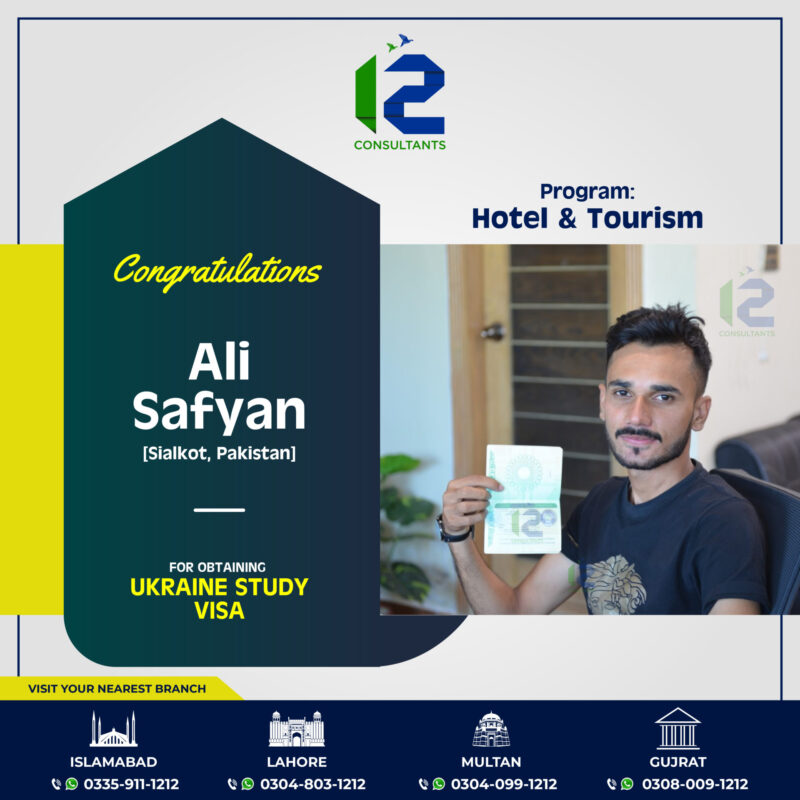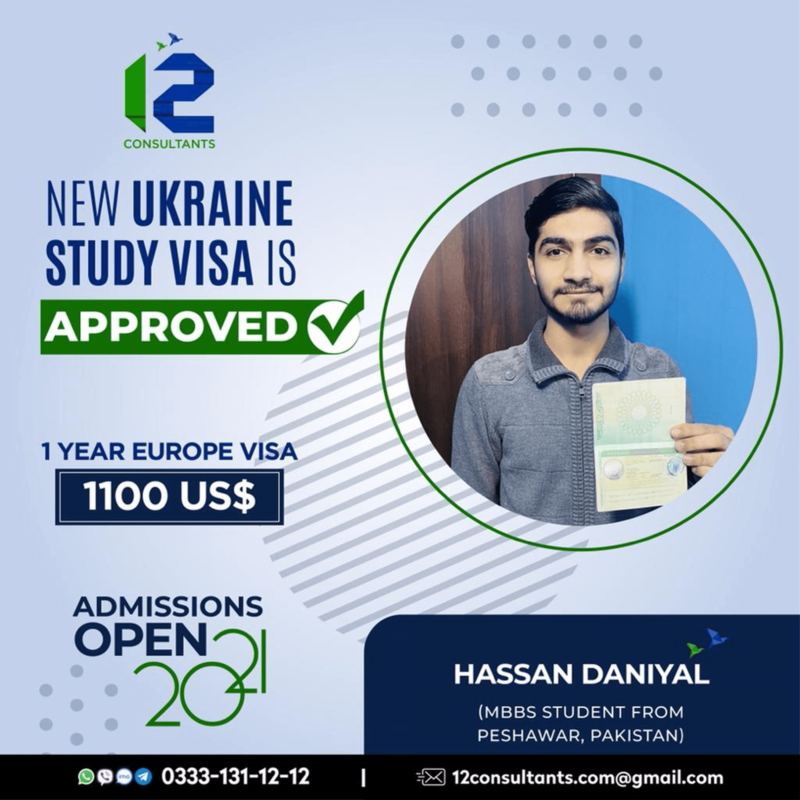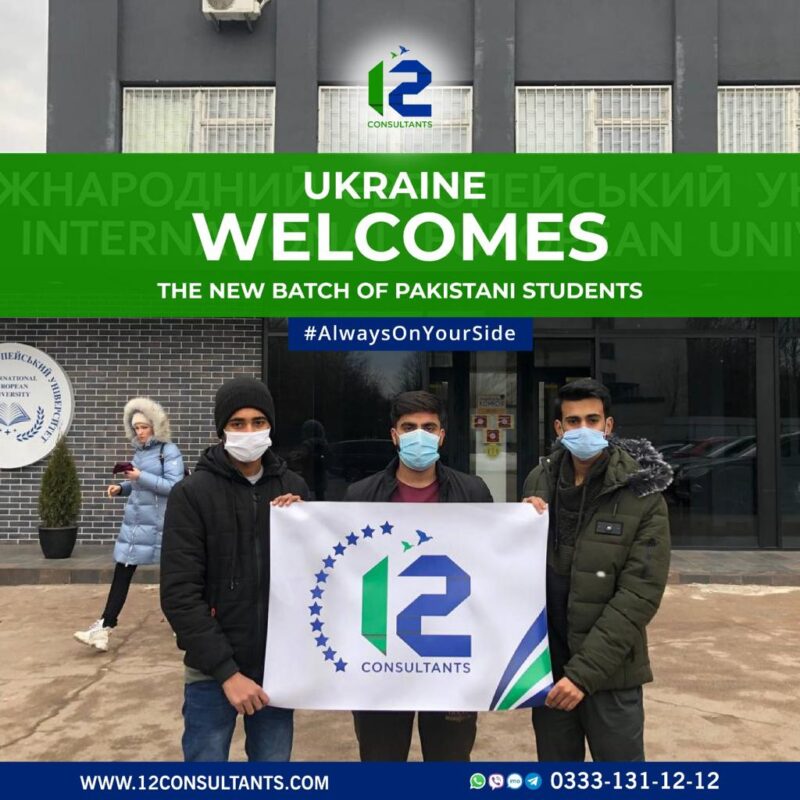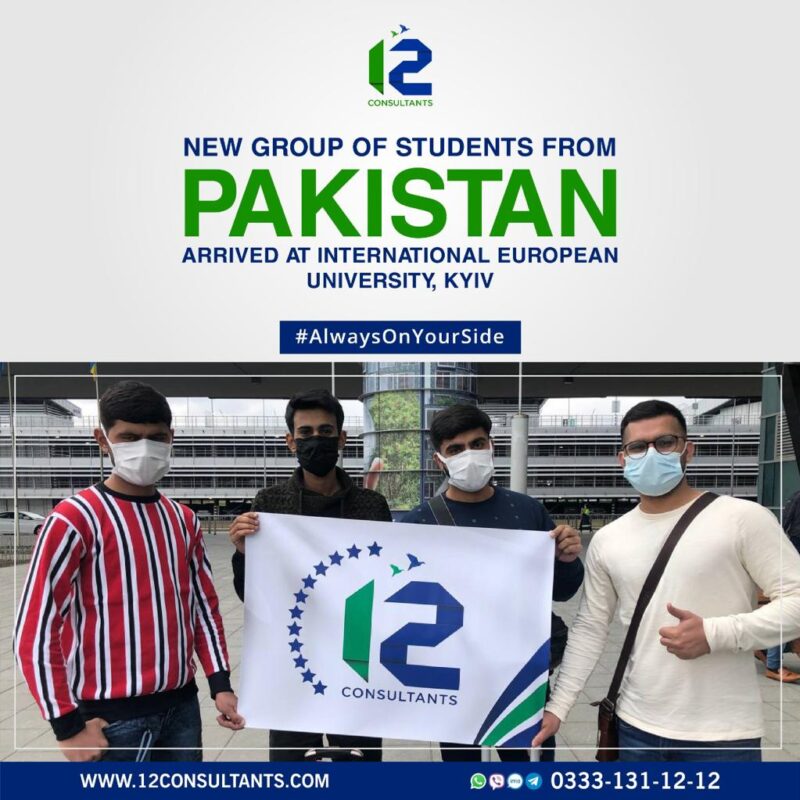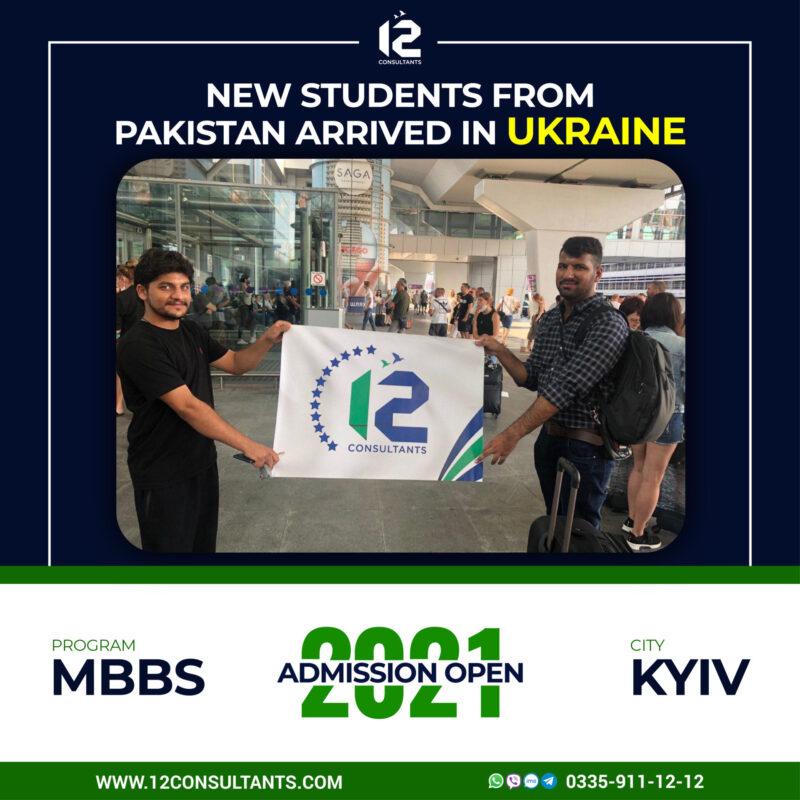

Study MBBS in Russia 2024 | Tuition Fee | Visa Guide
Russia stands as a beacon for international students seeking a high-quality education in medicine. Understanding the nuances of the admission process is essential for those aspiring to pursue an MBBS degree in this vast and culturally rich country. This guide offers a comprehensive exploration of the admission criteria and application process for studying MBBS in Russia.
Study in Russia - Basic Guide
| Location | Eurasia, Largest Country in the World. |
| Currency | Russian Ruble (RUB). |
| Language | English, Russian (Varies by Program). |
| Work Allowed | Part-time jobs available for students. |
| Global Recognition | Degrees recognized internationally. |
| Tuition Fees | Affordable, Varies by Program and University. |
| Accommodation | Costs vary, $150 – $500/month. |
| Living Expenses | Moderate, $300 – $600/month. |
| Intakes | Mainly September, Some in February. |
| Visa Processing | Typically 2-3 months. |
| Application Fee | Varies, Usually $50 – $150. |
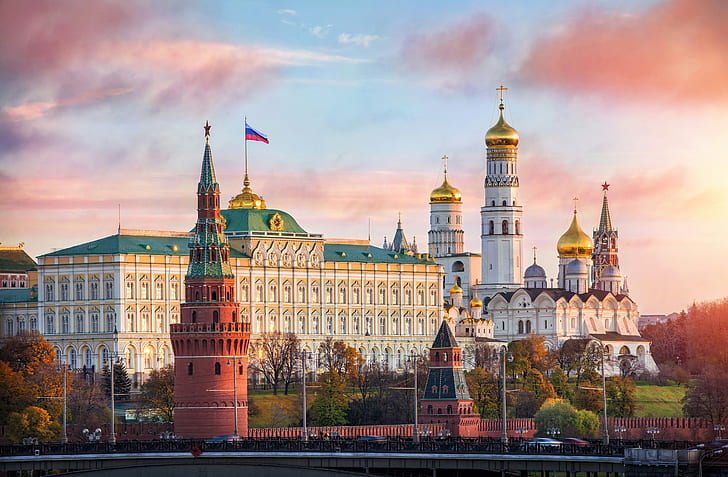

Best Universities in Russia
-
Lomonosov Moscow State University: Moscow State University is one of the oldest and most prestigious universities in Russia. It offers a comprehensive MBBS program with a strong focus on research and practical training. The university is known for its world-class faculty and state-of-the-art medical facilities. Average Tuition Fee: $6,000 – $10,000 per year.
-
Saint Petersburg State Medical University: Saint Petersburg State Medical University is a leading medical institution in Russia. It offers an MBBS program that combines traditional medical education with modern approaches. The university emphasizes practical skills and clinical training. Average Tuition Fee: $5,000 – $8,000 per year.
-
Sechenov First Moscow State Medical University: Sechenov University is the oldest medical school in Russia. It offers a well-established MBBS program with a focus on scientific research and innovative medical practices. The university collaborates with leading hospitals for clinical training. Average Tuition Fee: $5,500 – $8,500 per year.
-
Novosibirsk State University: Novosibirsk State University is a renowned research university with a strong emphasis on medical sciences. The university offers an MBBS program that integrates theoretical knowledge with practical experience. Students benefit from the university’s cutting-edge research facilities. Average Tuition Fee: $4,500 – $7,000 per year.
-
Kazan Federal University: Kazan Federal University is one of the oldest universities in Russia and is known for its quality medical education. The university’s MBBS program focuses on clinical skills and research-oriented learning. Students have access to diverse patient populations in affiliated hospitals. Average Tuition Fee: $4,000 – $6,500 per year.
-
Rostov State Medical University: Rostov State Medical University offers a comprehensive MBBS program with a focus on primary healthcare and community medicine. The university emphasizes practical training and prepares students for various medical specialties. Average Tuition Fee: $3,500 – $6,000 per year.
-
Perm State Medical University: Perm State Medical University is recognized for its student-centered approach to medical education. The university’s MBBS program emphasizes interactive learning and clinical exposure. Students participate in research projects and medical camps. Average Tuition Fee: $3,200 – $5,500 per year.
-
Siberian State Medical University: Siberian State Medical University offers a diverse MBBS program with a focus on preventive medicine and public health. The university’s curriculum includes rural healthcare rotations and community outreach programs. Students gain experience in various healthcare settings. Average Tuition Fee: $3,000 – $5,200 per year.
-
Northern State Medical University: Northern State Medical University is known for its innovative medical education programs. The university’s MBBS curriculum emphasizes problem-solving skills and interdisciplinary learning. Students engage in clinical training in well-equipped hospitals. Average Tuition Fee: $3,000 – $5,000 per year.
-
Voronezh State Medical University: Voronezh State Medical University offers a comprehensive MBBS program with a focus on medical research and patient care. The university’s faculty is dedicated to providing high-quality education, and students have access to modern facilities and resources. Average Tuition Fee: $2,800 – $4,800 per year.
Tuition Fees (Per Year in USD)
| University Name | Average Tuition Fee Range (per year) |
|---|---|
| Lomonosov Moscow State University | $6,000 – $10,000 |
| Saint Petersburg State Medical University | $5,000 – $8,000 |
| Sechenov First Moscow State Medical University | $5,500 – $8,500 |
| Novosibirsk State University | $4,500 – $7,000 |
| Kazan Federal University | $4,000 – $6,500 |
| Rostov State Medical University | $3,500 – $6,000 |
| Perm State Medical University | $3,200 – $5,500 |
| Siberian State Medical University | $3,000 – $5,200 |
| Northern State Medical University | $3,000 – $5,000 |
| Voronezh State Medical University | $2,800 – $4,800 |
Admission Criteria to Study in Russia
Eligibility Requirements
Prospective students planning to pursue an MBBS degree in Russia generally need to have completed their secondary education with a strong emphasis on science subjects, including Biology, Chemistry, and Physics. Proficiency in the English language is often a requirement, verified through standardized tests like IELTS or TOEFL. Universities may also require applicants to pass specific entrance exams assessing their knowledge in relevant subjects.
Entrance Exams
Entrance exams are a common component of the admission process in Russian medical universities. These exams evaluate applicants’ understanding of subjects such as Biology, Chemistry, and Physics. A commendable performance in these exams significantly enhances the likelihood of acceptance. Thorough preparation and a strong grasp of the core concepts are key to excelling in these assessments.
Application Procedure
Applying for MBBS programs in Russia involves completing an online application form and submitting essential documents. These documents typically include academic transcripts, certificates, a valid passport, and proof of language proficiency. Applicants must meticulously review the document requirements of the chosen university and adhere to the specified deadlines for a smooth application process.
Recognition of Degrees
It is imperative for students to verify the recognition of the degree offered by their chosen university. Opting for universities recognized by international medical bodies such as the World Health Organization (WHO) ensures the global acceptance of the degree. Recognition by national medical councils is also crucial for future licensure and practice opportunities in various countries.
Tuition Fees and Scholarships
Russia is renowned for offering affordable tuition fees for international students. However, these fees can vary across universities and programs. Prospective students should conduct thorough research on the fee structures of different institutions. Additionally, exploring scholarship opportunities based on academic merit or other criteria can significantly alleviate the financial burden, making education in Russia accessible to a broader spectrum of students.
Visa Requirements and Residence Permit
Upon receiving an acceptance letter from a Russian university, students need to apply for a student visa. This process involves providing necessary documents, including the admission letter, proof of financial means, and a valid passport. After arriving in Russia, students are required to obtain a student residence permit, adhering to visa and residence permit regulations throughout their studies.
Accommodation and Living Expenses
Russia offers diverse accommodation options, including university dormitories and private apartments. Students should explore these options based on their budget and preferences. Budgeting for living expenses, encompassing aspects such as food, transportation, and personal needs, is crucial for financial stability and a comfortable stay throughout the academic tenure.


Admission Process:
Start by applying to a recognized medical university in Russia. Ensure you meet academic requirements and prepare necessary documents, including transcripts, recommendation letters, and a personal statement. Some universities might require entrance exams or interviews.
Acceptance Letter and Confirmation of Enrollment:
Upon acceptance, you’ll receive an official acceptance letter from the university. This letter confirms your enrollment and is crucial for your visa application.
Student Visa Application Requirements:
Prepare documents such as a valid passport, completed visa application form, university acceptance letter, proof of financial means to cover tuition and living expenses, travel insurance, and a medical certificate. Specific requirements may vary, so check the official website of the Russian embassy or consulate in your country.
Language Proficiency and Preparatory Courses:
Ensure you meet the university’s language proficiency requirements. Some universities offer preparatory courses for international students to enhance their language skills before starting the main program.
Visa Application Submission:
Submit your visa application and documents to the nearest Russian embassy or consulate. Adhere to deadlines and ensure all information is accurate and complete.
Visa Interview (if required):
Prepare for a visa interview if it’s part of the application process. Be ready to discuss your plans for studying in Russia and your future intentions.
Financial Planning and Scholarships:
Explore scholarship opportunities and plan your finances to cover tuition, accommodation, food, transportation, and personal expenses during your stay in Russia.
Health Insurance and Medical Check-up:
Acquire health insurance accepted in Russia. Some universities might require a medical check-up upon arrival.
Arrival and Orientation:
Attend the university’s orientation program upon arrival. Familiarize yourself with the campus, local culture, and essential facilities. Register with local authorities as required.
Student Support Services:
Familiarize yourself with the university’s student support services, including academic advising, counseling, and accommodation assistance.
Stay Updated with Regulations:
Regularly check the official website of the Russian Ministry of Foreign Affairs and the university for the latest immigration updates. Regulations can change, so staying informed is crucial.
To be eligible for MBBS programs in Russia, students generally need to meet the following criteria:
- Completion of higher secondary education with a strong background in Science (Biology, Chemistry, and Physics).
- Proficiency in English or Russian languages, as many medical courses are taught in these languages.
- Meeting specific requirements set by the chosen university, such as a minimum GPA or entrance exam score.
- Some universities might require a qualifying score in entrance exams like NEET (National Eligibility cum Entrance Test) for Indian students.
MBBS programs in Russia typically have a duration of 6 years. The curriculum is well-structured, focusing on theoretical knowledge, practical training, and clinical rotations. Students undergo training in various fields of medicine, gaining hands-on experience in hospitals and clinics.
Yes, international students studying in Russia are generally allowed to work part-time during their studies. However, there are regulations regarding the number of hours students can work per week, typically ranging from 20 to 30 hours. Students must obtain a work permit from the local authorities and follow the rules and guidelines provided by their university and the Russian government.
Yes, MBBS degrees obtained from reputable medical universities in Russia are internationally recognized. Graduates can pursue further education or practice medicine in various countries around the world. It is essential to choose universities that are accredited and recognized by international medical bodies and organizations.
The tuition fees for MBBS programs in Russia vary depending on the university and the program’s duration. On average, the annual tuition fees range from $4,000 to $10,000 for international students. Living expenses, including accommodation, food, transportation, and miscellaneous expenses, are also relatively affordable, averaging around $300 to $600 per month, depending on the city and lifestyle.
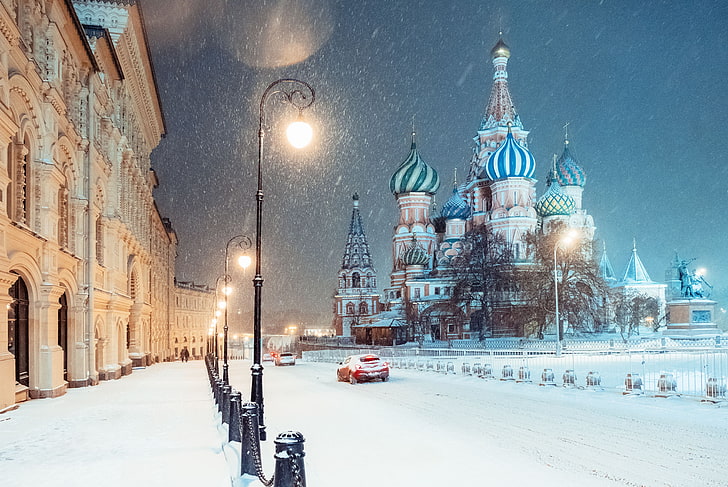

Recent Blogs
Request a Call-back
Study in Finland for Pakistani Students | Tuition Fee | Eligibility Criteria | Finland Visa Guide | Scholarships In Finland Finland, known for its high-quality
Study in Ireland for Pakistani Students | Tuition Fee | Eligibility Criteria | Ireland Visa Guide | Scholarships In Ireland Ireland has become a beacon
Study in Norway for Pakistani Students | Tuition Fee | Eligibility Criteria | Norway Visa Guide | Scholarships In Norway Norway, with its breathtaking landscapes,
Study in Slovenia for Pakistani Students | Tuition Fee | Eligibility Criteria | Slovenia Visa Guide | Scholarships In Slovenia Slovenia, situated at the crossroads
Study in Switzerland for Pakistani Students | Tuition Fee | Eligibility Criteria | Switzerland Visa Guide | Scholarships In Switzerland Switzerland attracts medical students with
Study in Switzerland for Pakistani Students | Tuition Fee | Eligibility Criteria | Switzerland Visa Guide | Scholarships In Switzerland Switzerland boasts a world-renowned education
Study in MBBS for Pakistani Students | Tuition Fee | Eligibility Criteria | MBBS Visa Guide | Scholarships In Hungry Hungary holds a strong educational
Study in Hungry for Pakistani Students | Tuition Fee | Eligibility Criteria | Hungry Visa Guide | Scholarships In Hungry Hungary holds a strong educational
Study MBBS in Portugal for Pakistani Students | Tuition Fee | Eligibility Criteria | Portugal Visa Guide | Scholarships In Portugal Portugal offers a compelling




